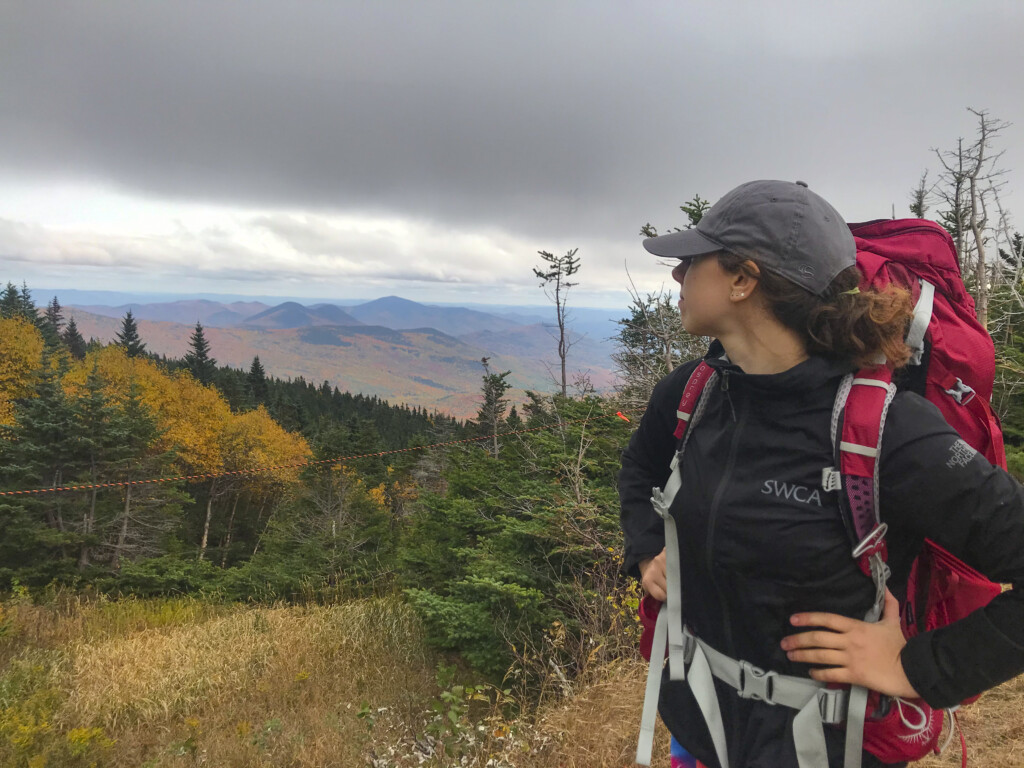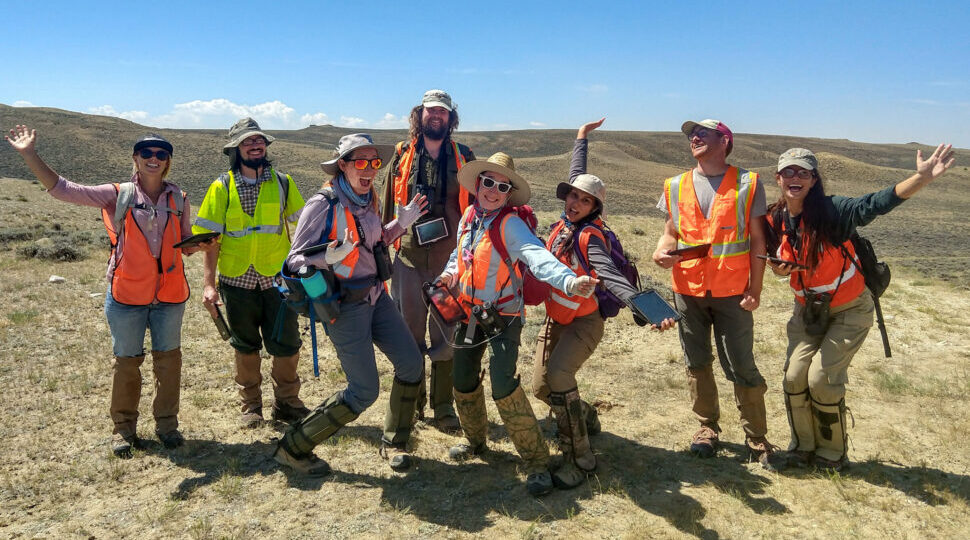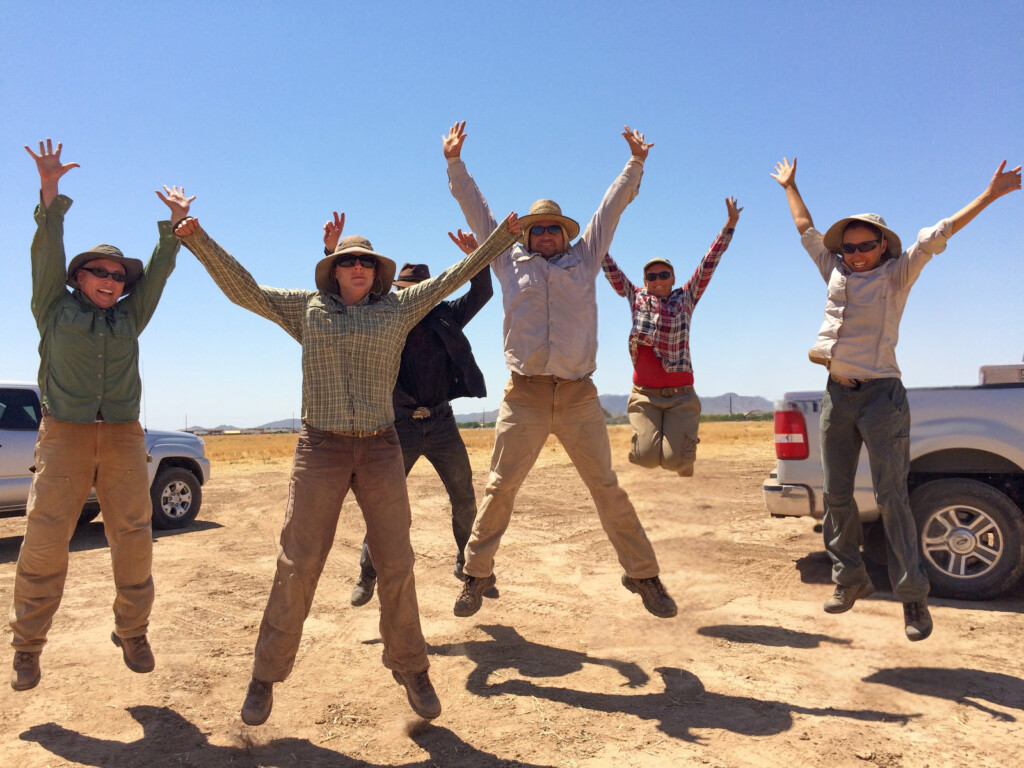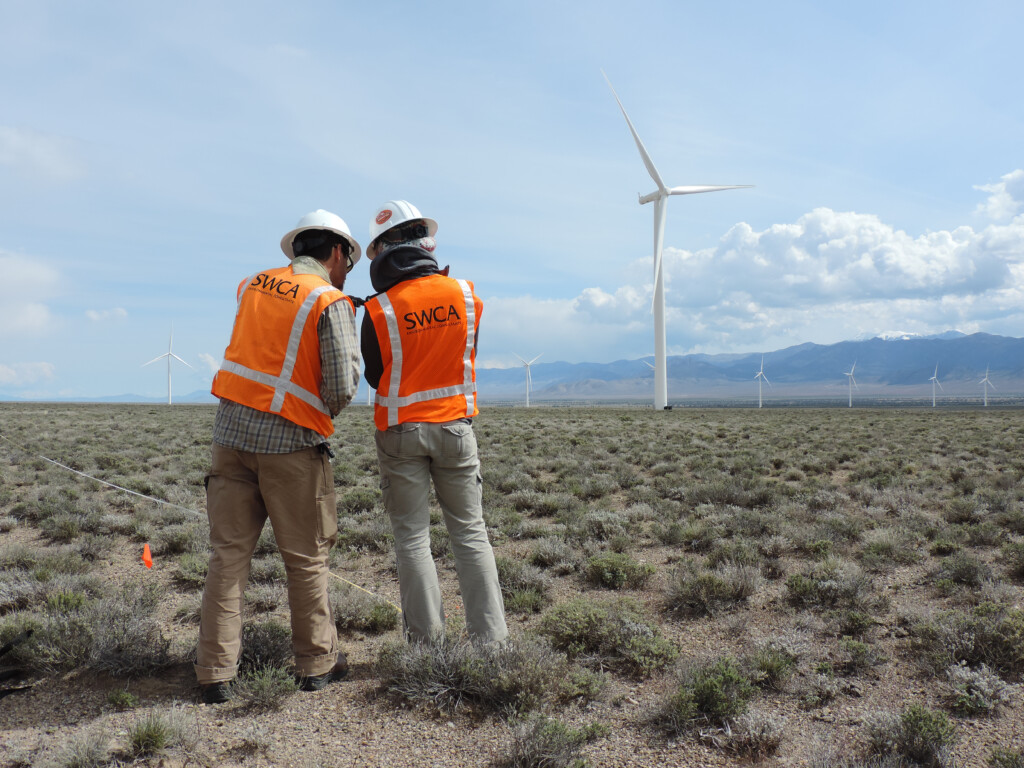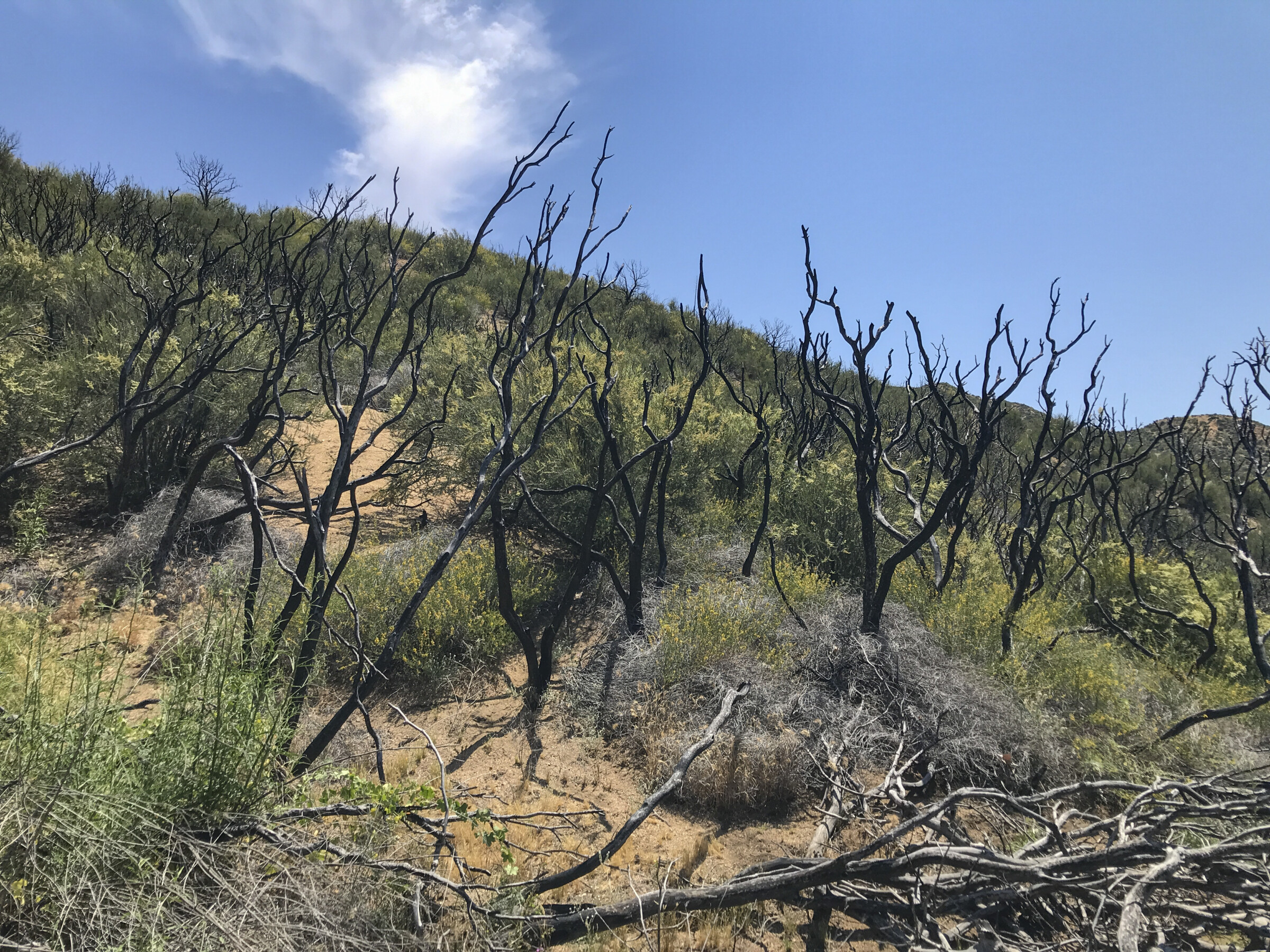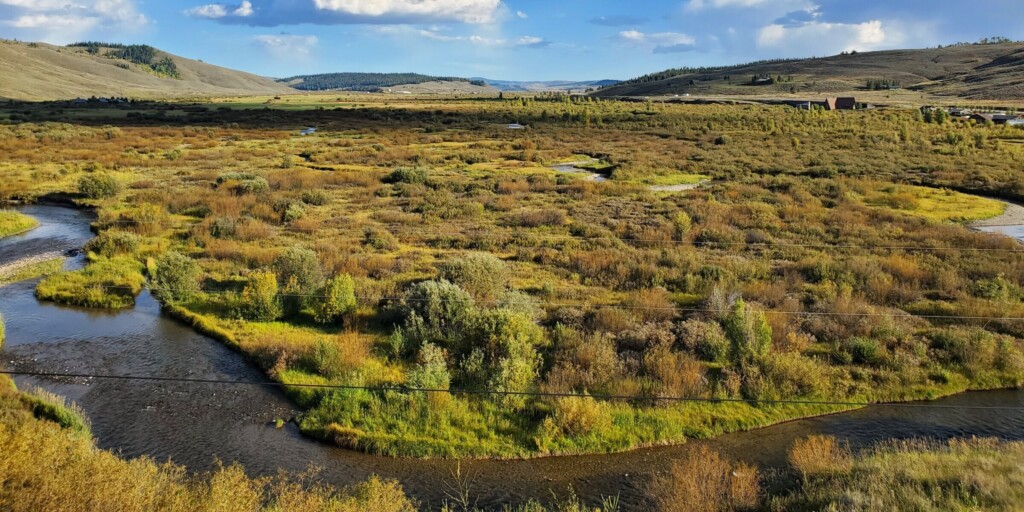Applied NEPA Process and Impact Analysis Workshop
Upcoming Session: April 2026

SWCA’s Applied NEPA Process and Impact Analysis Workshop is online, highly interactive, and includes facilitated breakout sessions with our expert instructors.
The NEPA pendulum continues to swing and SWCA continues to be on the cutting edge of the next phase of implementing the National Environmental Policy Act (NEPA) under the 2025 administration. Federal agencies have recently published their respective interim NEPA procedures as mandated by the current administration. Interestingly, all of them lean heavily on the Seven County Infrastructure Coalition v. Eagle County Supreme Court decision. This decision granted agencies deference as to what they feel is required to meet the requirements of the NEPA and has important implications for how Federal agencies determine the needs for each unique NEPA process. SWCA continues to interface with agencies in real time to best implement their new procedures while meeting required timeframes and ensuring the defensibility of the agencies’ decisions. As part of this course, SWCA will discuss how agency deference is being implemented in the day-to-day NEPA processes and potential implications for your specific project. As always, SWCA will outline practical implementable tools you need to meet all agency and administrative requirements while writing NEPA documents that are clear, concise, and defensible. And you can learn this from the comfort of your own home or office. The course is highly interactive and includes break-out workshops facilitated by instructors where you will work on a real-world example project from kick-off to final decision.
This NEPA training course is specifically structured to respond to changes in NEPA that mandate completion of NEPA projects within aggressive, truncated schedules and page limits. It was developed by SWCA after years of training federal agencies on how to develop efficient and effective issue-based NEPA documentation.
Upcoming Session: April 2026
Click here to join our mailing list for exclusive early registration for our next workshop.
Course Fees
- Non-Government Rate – $995
- Government Rate – $895
- Student Rate – $895
- Tribal Rate – $795
Discounts are available for groups of 3 or more. Contact Luigi Leone for more information. For groups of 15 or more, contact Matt Petersen to discuss customized training opportunities for your staff.
Course Materials
Instructors will provide registrants with access to a digital training manual, course workbook, and additional training resources.
Intended Audience
- Industry managers and planners who work on federal lands or with federal permits
- Agency planning and environmental coordinators
- Municipal planners
- Consultant project managers and resource specialists
- Decision-makers involved in or reviewing NEPA documents
Takeaways
- Understand the overall philosophy and purpose of NEPA
- Receive a basic overview of the agencies’ NEPA guidelines and NEPA case law
- Have a working knowledge of the stages and levels of the NEPA process
- Understand the implications of the decisions required throughout the NEPA process
- Be prepared to determine appropriate situations for categorical exclusions (CE), environmental assessment (EA), and environmental impact statements (EIS)
- Have the practical skills to be able to write concise, defensible documents that meet the updated NEPA regulations regarding schedule and page requirements
- Learn the role of major federal agencies in the NEPA process and understand the responsibilities of the “third party” NEPA consultant in agency analysis
- Have an understanding of the responsibilities and ethics of the lead agency, cooperating agencies, and NEPA consultant
- Understand the step-by-step process from project kick-off through publication of a decision
- Learn how to design a NEPA process and maintain the administrative record to minimize litigation risks
- Course Overview
- Introduction to NEPA
- Project Kickoff: Identifying the Players and Appropriate Level of NEPA Analysis
- Document Outline: A Plan for Concise and Defensible NEPA
- Purpose and Need: Setting the Stage for the Project
- Developing a Reasonable Range of Alternatives
- Eliminating Alternatives from Detailed Analysis
- Planning for Issue-Based Impact Analysis
- Identifying Substantive Issues
- Eliminating Non-Substantive Issues
- Identifying Impact Indicators and Methodology
- Developing Impact Analysis Plans
- Cumulative Impacts Analysis
- Course Closeout/Questions
Meet the Experts
Ben Gaddis
With 20 years of experience spanning environmental consulting, federal land management, and technical facilitation and training, Ben is a proven leader in environmental planning. Prior to joining SWCA, he has held leadership roles at the BLM, including Branch Chief for Planning and Environmental Coordination at the Utah State Office. Ben also served on the New Mexico State Office’s oil and gas leasing team in the early part of his tenure with the BLM, playing an instrumental role in putting BLM New Mexico on the leading edge of high-quality oil and gas leasing NEPA documentation. Earlier in his career, Ben led SWCA’s Great Basin Natural Resources and Planning Program, overseeing some of the company’s largest and most complex projects at the time, while also serving as a mentor, facilitator, and subject matter expert in NEPA compliance, facilitation, and project management. He later expanded his network and expertise as an independent consultant before joining the BLM. Ben’s project experience includes timber, mining, oil and gas, transmission, vegetation management, roads, land exchanges, land use planning, solar development, and more. In addition to the BLM, over the years he’s been engaged in NEPA processes involving the National Park Service, Bureau of Indian Affairs, Indian Health Service, Federal Aviation Administration, U.S. Forest Service, and Federal Energy of Regulatory Commission, among others. His facilitative leadership style demonstrates his ability to deliver accelerated, high-quality results while developing people and strengthening organizational capacity. Ben brings to every role a commitment to collaboration, continuous learning, and creative solutions that drive organizational success.

Kari Chalker
Kari Chalker is a lead environmental planner based in SWCA’s Great Basin region. Her diverse background includes more than 20 years as a writer and editor specializing in archaeology, the environmental sciences, and the National Environmental Policy Act (NEPA). Kari previously served as the Managing Editor for SWCA’s Rockies region, where she oversaw an in-house Technical Publications team of editors and production specialists. She manages projects and facilitates collaboration among agencies, clients, subcontractors, subject matter experts, GIS specialists, and writers. Kari serves as an instructor for the Bureau of Land Management’s (BLM’s) National Training Center and has taught NEPA courses virtually and in-person for BLM field offices in the Western U.S.

Bryan Klyse
Bryan Klyse has more than 20 years of experience supporting and managing NEPA projects for the BLM, USFS, and other federal clients. He has supported or managed 17 large complex EIS projects and several EA projects and prepared associated technical reports. He supported the development of 14 resource management plan projects, serving as a project manager on 5 of these projects. He has managed every phase of the NEPA and land use planning processes, from scoping through development of the decision.

Matt Petersen
Matt Petersen is the National Environmental Policy Act (NEPA) Technical Director for SWCA. Matt has 31 years of experience as a resource specialist and has managed or provided NEPA oversight for over 30 large-scale environmental impact statements (EISs), including projects in Arizona, Alaska, Colorado, Idaho, New Hampshire, Utah, Vermont, Texas, New Mexico, California, and Wyoming. This NEPA experience includes work with most major federal agencies and encompasses resource management plans (RMPs), ski areas expansions, fire management plans, stream restoration, mining, oil and gas, pipelines, transmission lines, wind farms, airports, and power plants. Matt has taught custom NEPA seminars for the Bureau of Land Management (BLM), U.S. Forest Service (USFS), U.S. Department of Transportation Maritime Administration, and the Federal Aviation Administration (FAA). Matt has developed and routinely teaches several open-enrollment NEPA courses to industry professionals, lawyers, and agency staffs. In addition, Matt is a regular instructor on NEPA impact analysis and third-party consulting for the BLM National Training Center (NTC). Matt recently developed the BLM National Training Center courses “NEPA Analysis for EAs” and “Kick-Start Your RMP,” both of which Matt has taken on the road to BLM field offices throughout the continental Unites States and Alaska. Technical expertise includes aquatic habitat impact assessment, mitigation, and restoration; hydrological modeling and analysis; and wetland delineation, mapping, and impact analysis. Matt is also experienced in the use and application of analytical models for quantitatively assessing natural resources impacts through the NEPA process.

Jamie Young
Jamie joined the SWCA training team in 2016 and also serves as a lead facilitator for Bureau of Land Management NEPA courses offered as part of the National Training Center’s curriculum. With COVID-19’s restrictions to in-person trainings, Jamie led SWCA’s conversion of courses into online modules to provide virtual training options. Since 2009, Jamie has worked on EIS projects and several EAs closely with SWCA’s other NEPA facilitators, including being project manager on controversial EISs.

Jill Grams
Jill is a public involvement specialist and trained facilitator with more than 20 years of experience. She has a Master of Landscape Architecture degree and enjoys bringing diverse project teams and the public together to solve complex problems.



